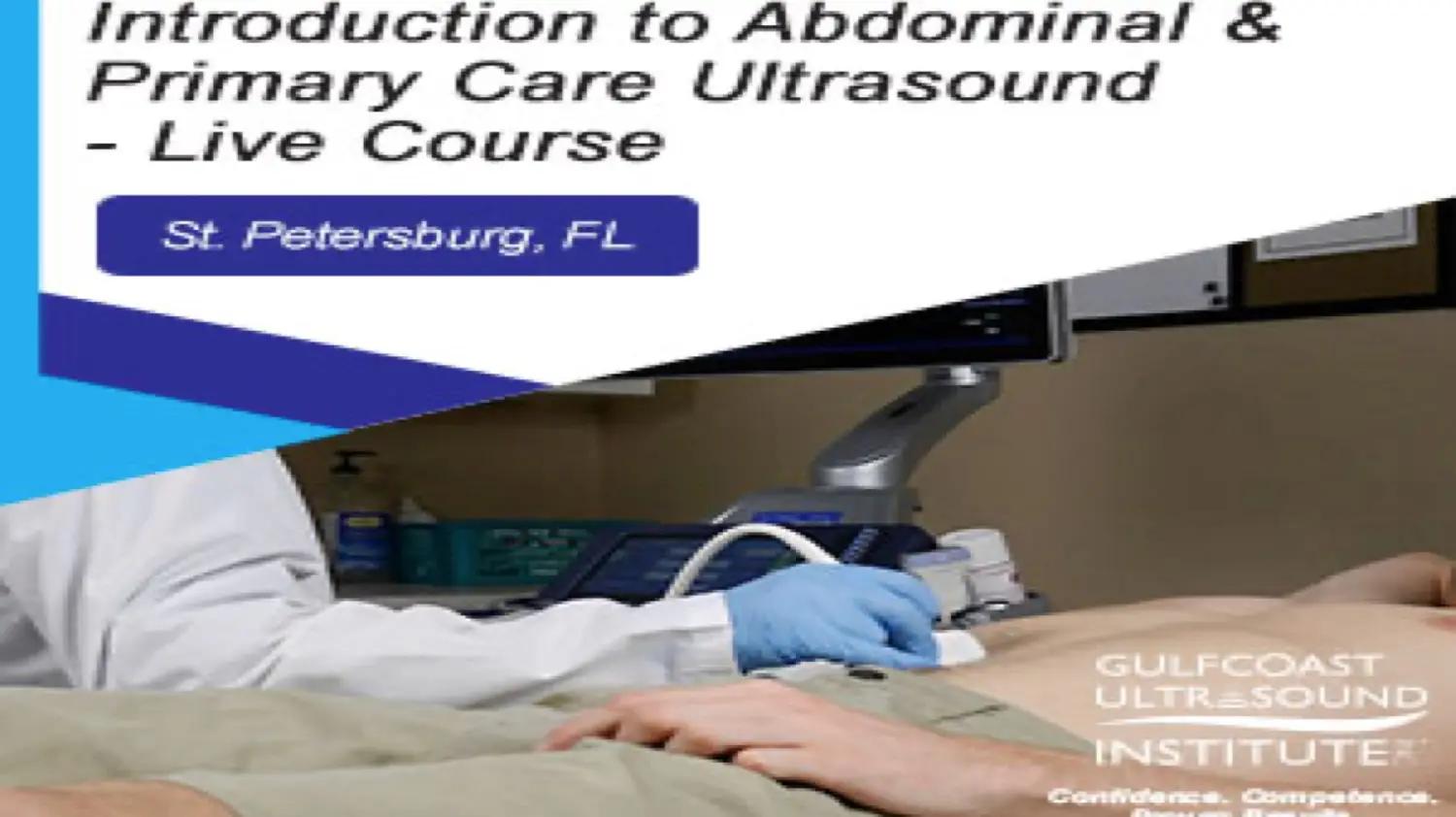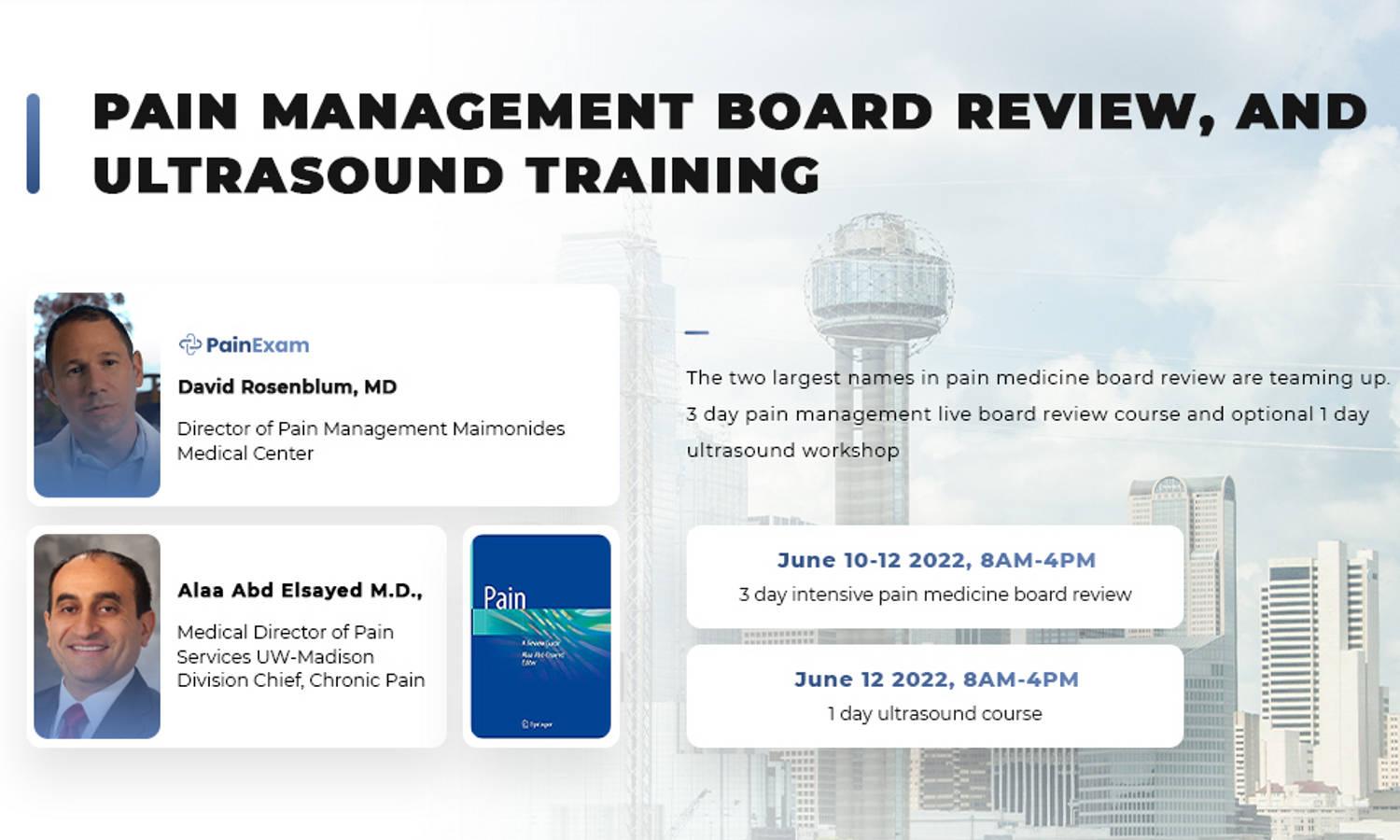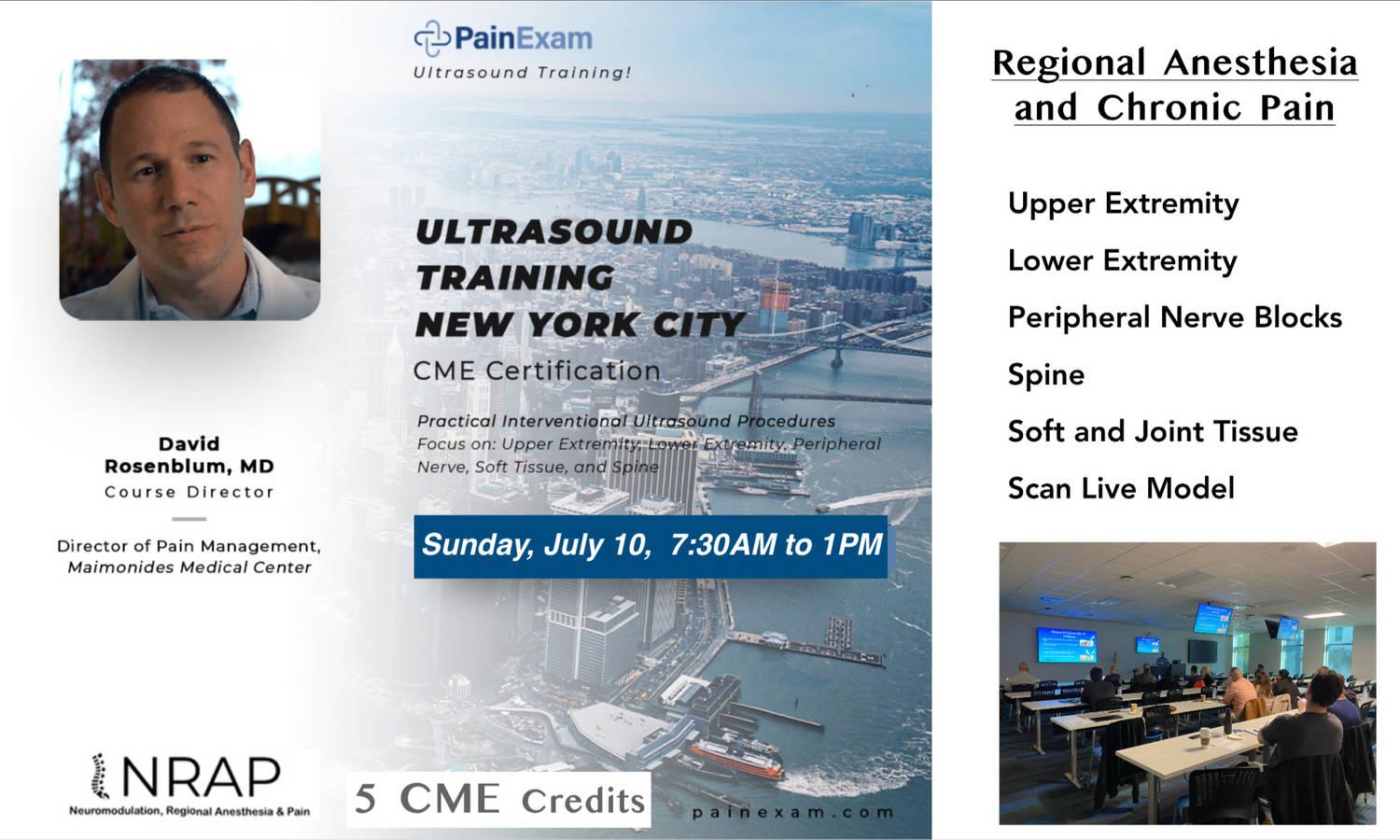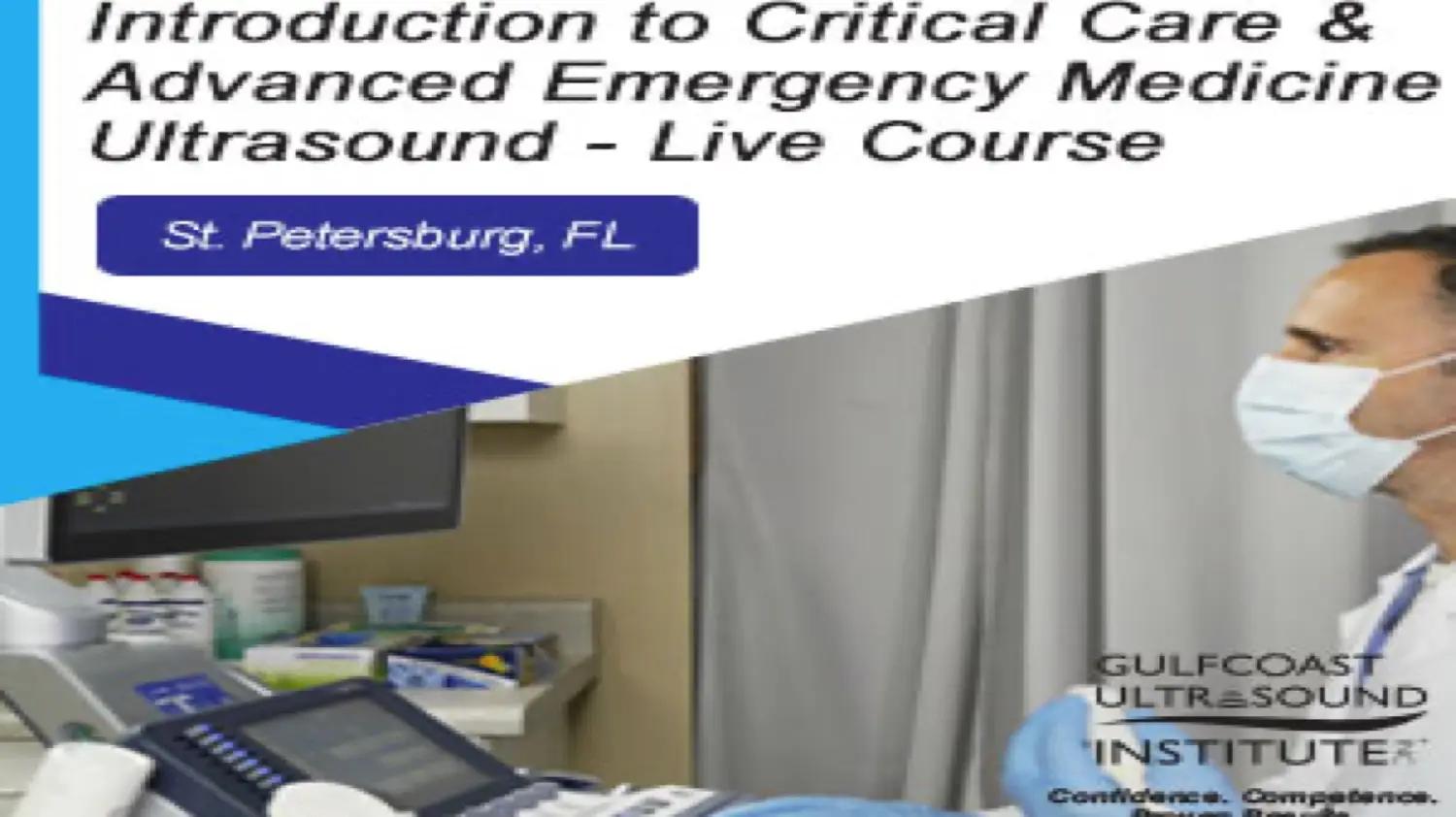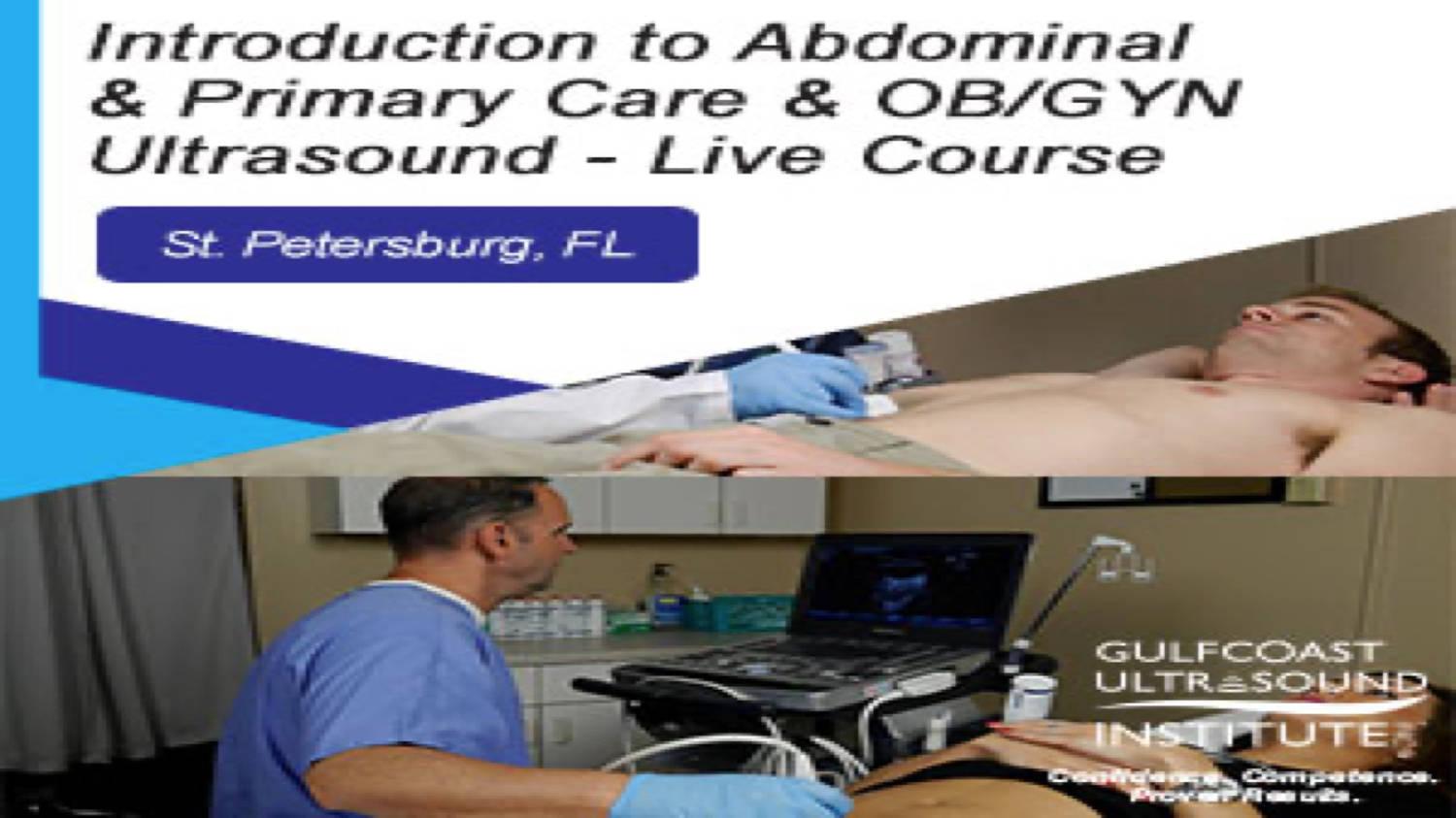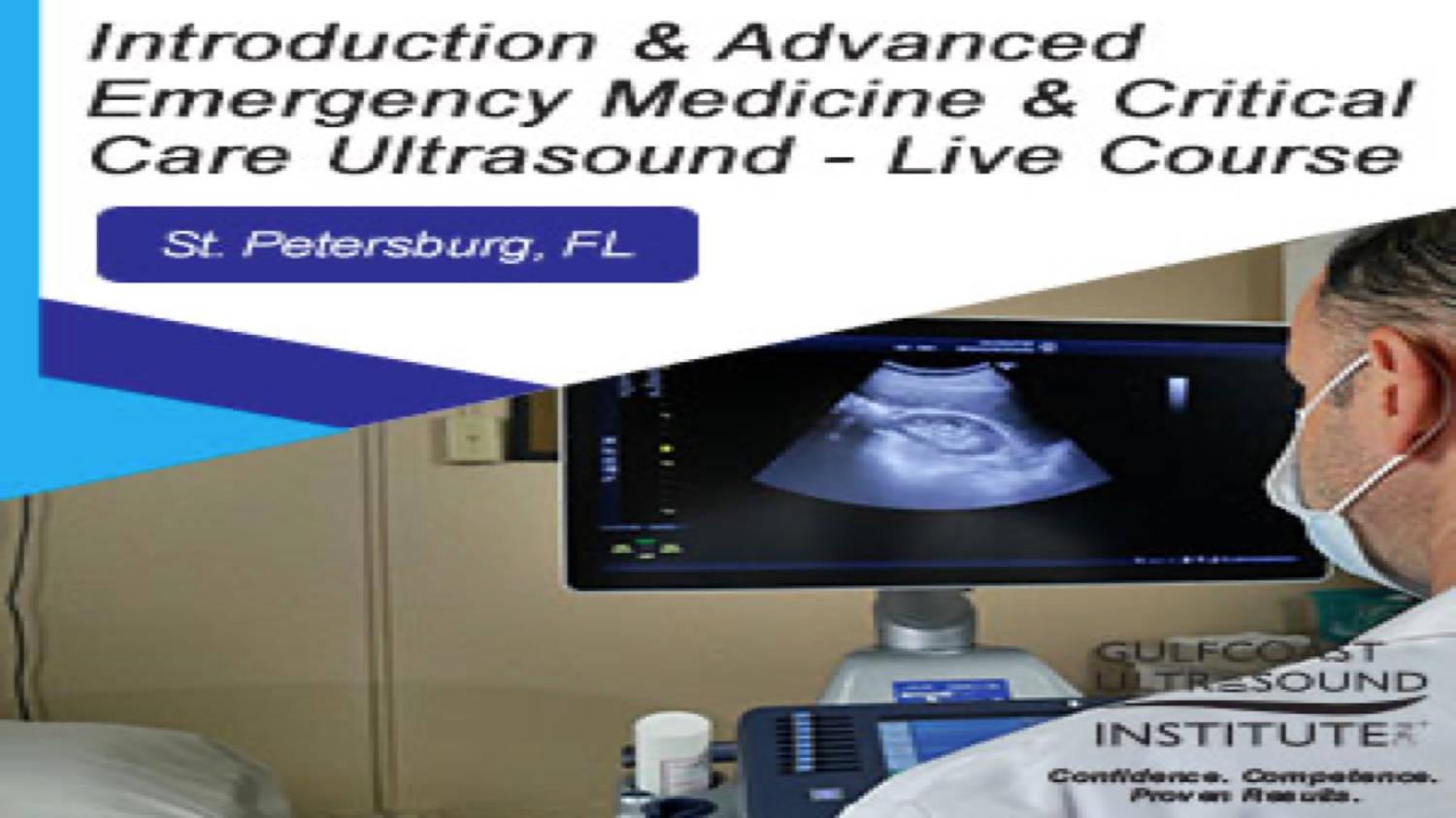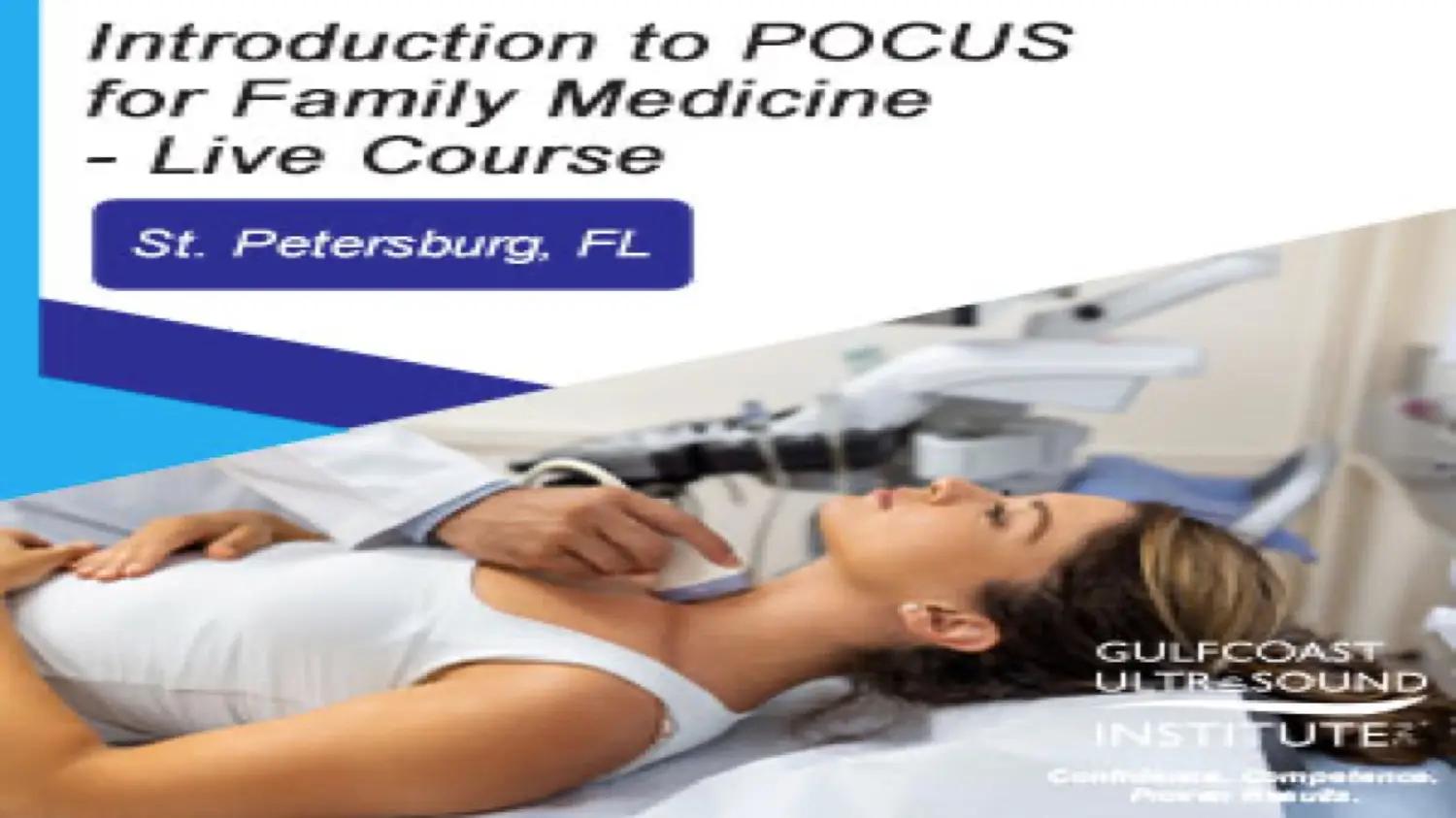
Extracorporeal Life Support: RN Management of ECMO Patients
Extracorporeal Life Support (ECLS): RN Management of Extracorporeal membrane oxygenation (ECMO) Patients is organized by the American Association of Critical-Care Nurses (AACN).
Expires: Oct 10, 2026
Topics: Cardiovascular, Pulmonary, COVID-19, Evidence-Based Practice
Webinar Summary
When your patient’s heart or lungs are failing and need more than mechanical ventilation, extracorporeal life support (ECLS) can take over long enough for them to heal or undergo required procedures. Extracorporeal membrane oxygenation (ECMO) is one form of ECLS to help patients whose lungs are unable to adequately oxygenate their body even with supplemental oxygen or removal of carbon dioxide. Since its introduction over 30 years ago, ECLS/ECMO has been refined and its outcomes have improved in adults treated with this therapy. Successfully managing the care of these highly complex, resource-intensive patients requires knowledge of their unique clinical needs and associated interventions, including continuous circuit surveillance, assessment, troubleshooting, and preventing and managing emergencies. This webinar presentation will explore current ECLS/ECMO applications in adults, nursing interventions specific to caring for ECLS/ECMO patients, and outcomes of patients supported with this therapy.
Objectives
- Distinguish the indications for venovenous ECLS from those for venoarterial ECLS.
- Describe the physiology associated with gas exchange in the ECLS circuit.
- Identify at least three critical nursing observations to facilitate early identification of complications of ECLS therapy.



